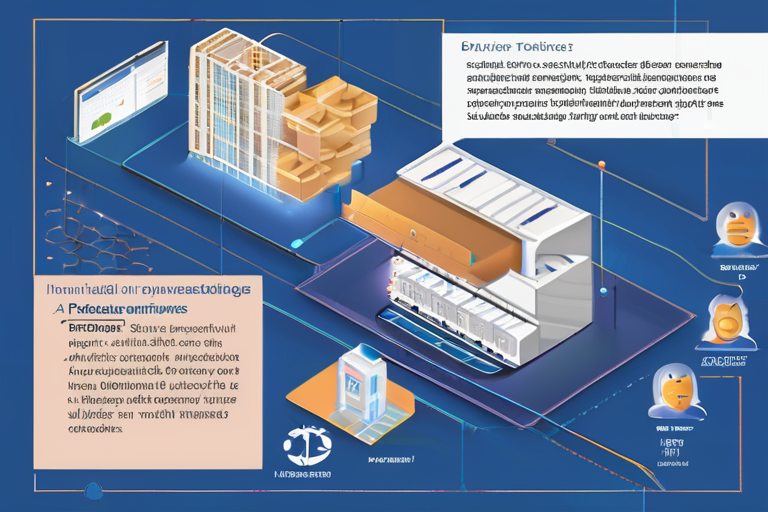Rivian has created its second spinoff company this year, an industrial AI and robotics venture called Mind Robotics. The new effort will be focused around using industrial AI to reshape how physical world businesses operate and leverage Rivian operations data as the foundation for a robotics data flywheel, according to the company's third-quarter shareholder letter published Tuesday. Rivian declined to clarify beyond that explanation.
During an investor call Tuesday, Rivian CEO RJ Scaringe said his company realized it had the chance to develop products and robotic solutions that allow them to run and operate their manufacturing plants more efficiently. Scaringe will serve as chairman of the board of directors for Mind Robotics, according to a filing, and Rivian is a shareholder, he said on the call. As much as we've seen AI shift how we operate and run our businesses through the wide-ranging applications for LLMs, the potential for AI to really shift how we think about operating in the physical world is, in some ways, unimaginably large, Scaringe said on the call.
The creation of Mind Robotics is the culmination of Rivian's efforts to leverage its expertise in electric vehicle manufacturing to drive innovation in the industrial AI and robotics space. Rivian's operations data, which includes insights on manufacturing efficiency, supply chain management, and logistics, will serve as the foundation for Mind Robotics' robotics data flywheel. This data flywheel is expected to enable the development of more efficient and effective robotic solutions for various industries.
Rivian's decision to spin off Mind Robotics is part of a broader trend in the tech industry, where companies are increasingly looking to create separate entities to focus on emerging technologies and markets. This strategy allows companies to allocate resources more effectively and reduce risk, while also enabling them to tap into new revenue streams.
Rivian's financial performance has been a key driver of the company's decision to spin off Mind Robotics. In the third quarter, Rivian reported a net loss of $1.4 billion, but the company's revenue grew 43% year-over-year to $2.5 billion. Rivian's stock price has also been volatile in recent months, with the company's shares trading at around $30 per share.
The market impact of Mind Robotics is expected to be significant, with the company's industrial AI and robotics solutions potentially disrupting various industries, including manufacturing, logistics, and supply chain management. According to a report by McKinsey, the global industrial AI market is expected to reach $13.4 billion by 2025, growing at a compound annual growth rate of 34%.
Rivian's spin-off of Mind Robotics is expected to be completed in the coming months, with the company's leadership team already in place. Scaringe will serve as chairman of the board of directors, while Rivian's CTO, R.J. Scaringe, will serve as CEO of Mind Robotics. The company has not yet disclosed its funding plans or revenue projections for Mind Robotics.
As Rivian continues to navigate the rapidly evolving tech landscape, the creation of Mind Robotics is a strategic move that positions the company for long-term growth and success. With its expertise in electric vehicle manufacturing and operations data, Rivian is well-positioned to drive innovation in the industrial AI and robotics space, and Mind Robotics is expected to be a key player in this emerging market.



























Share & Engage Share
Share this article